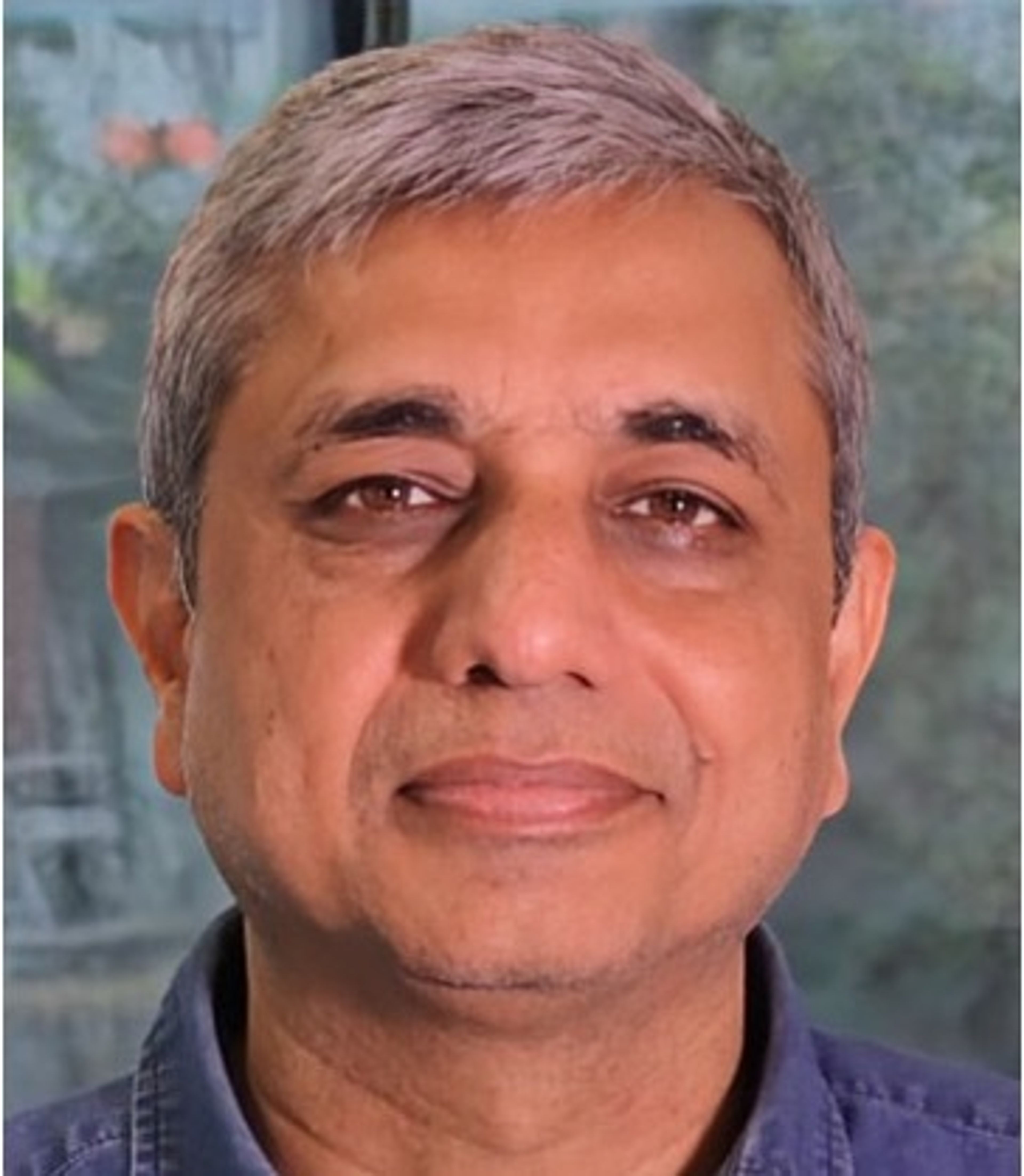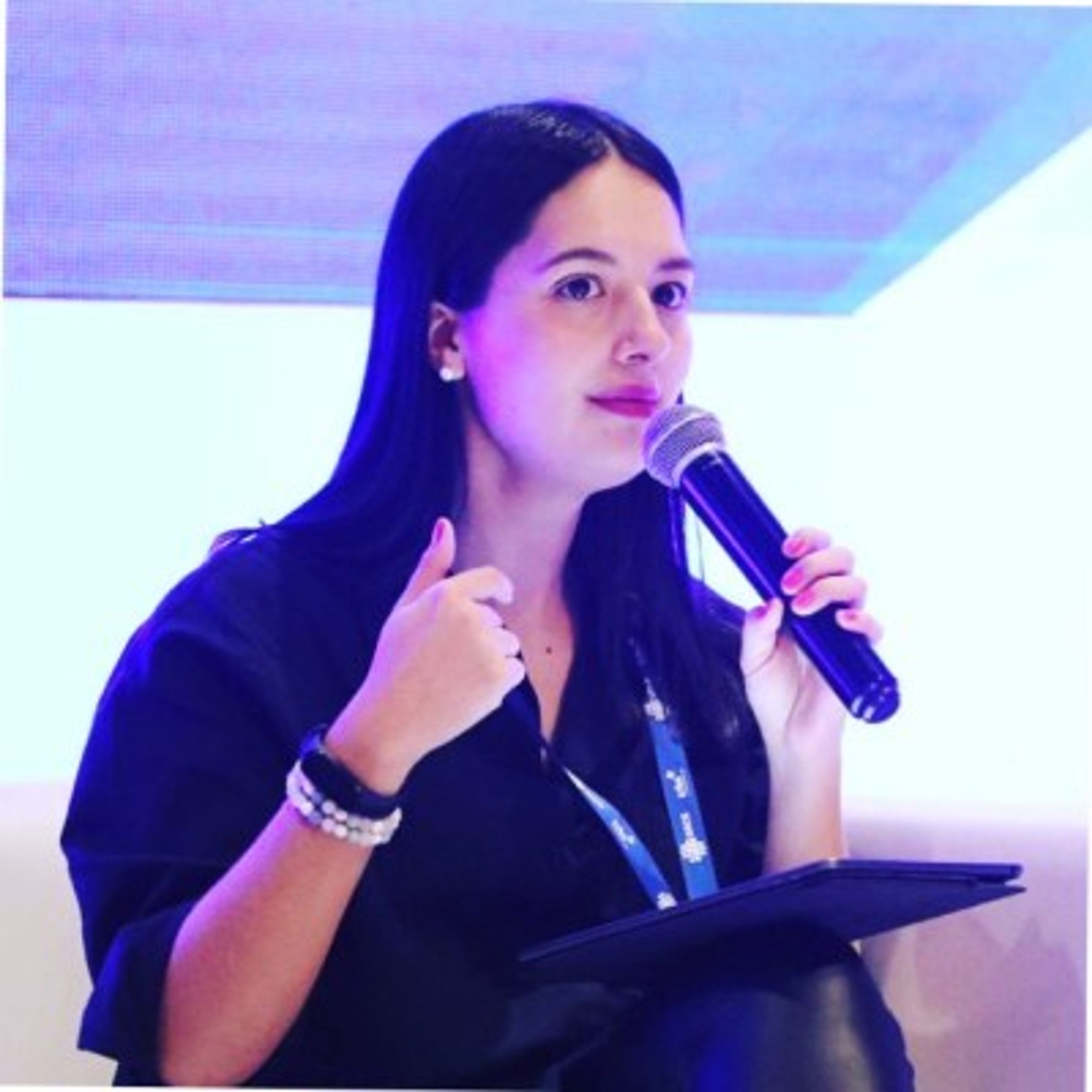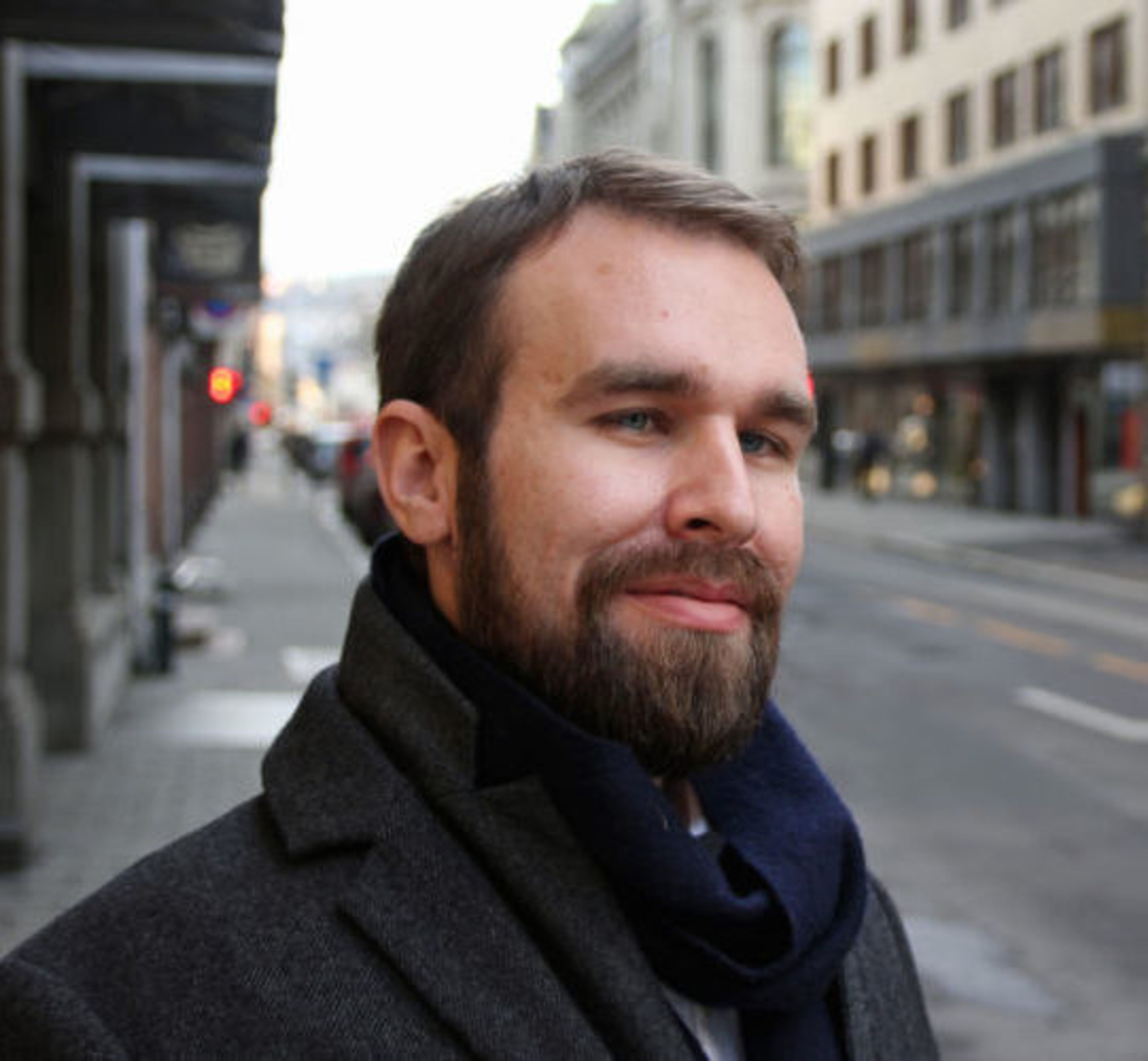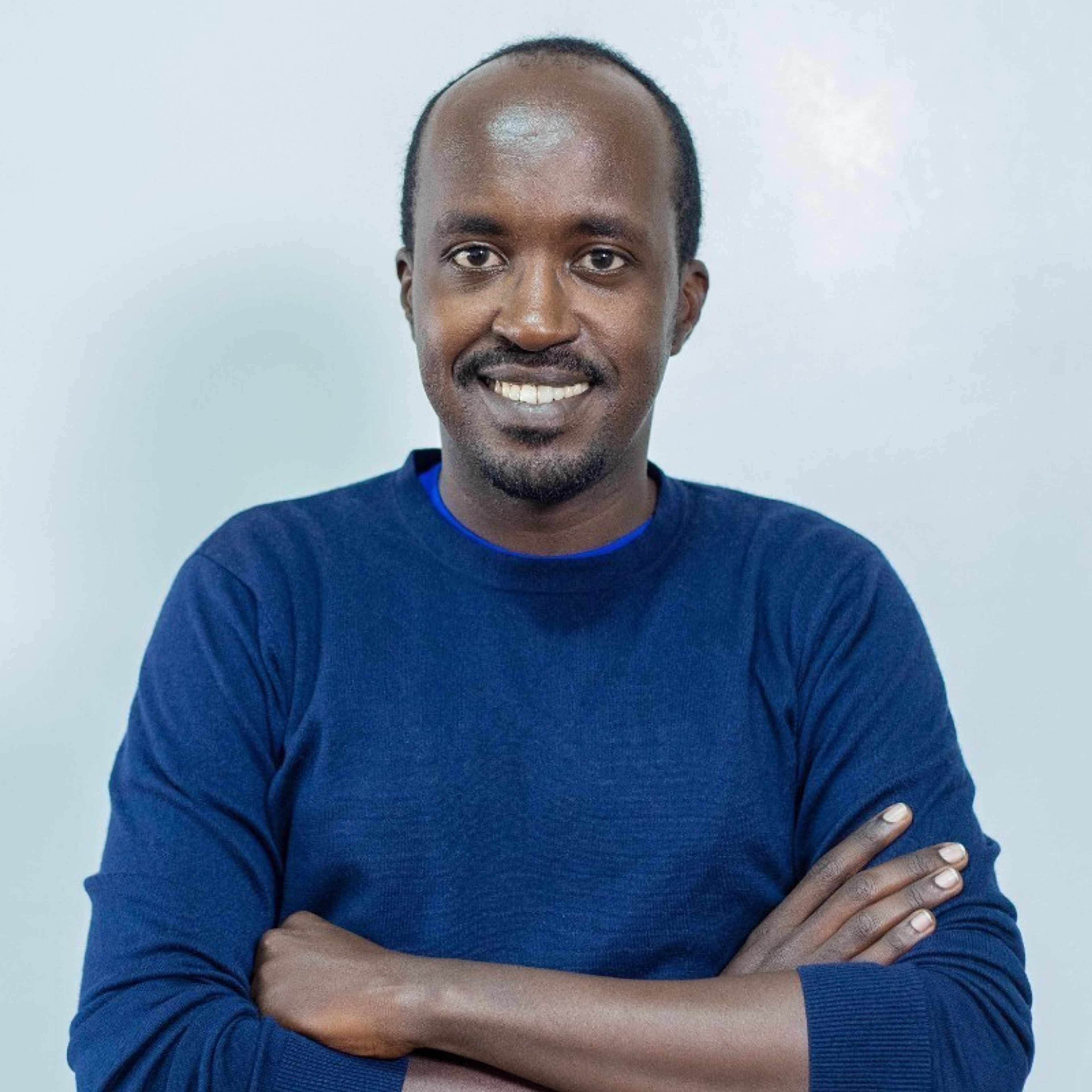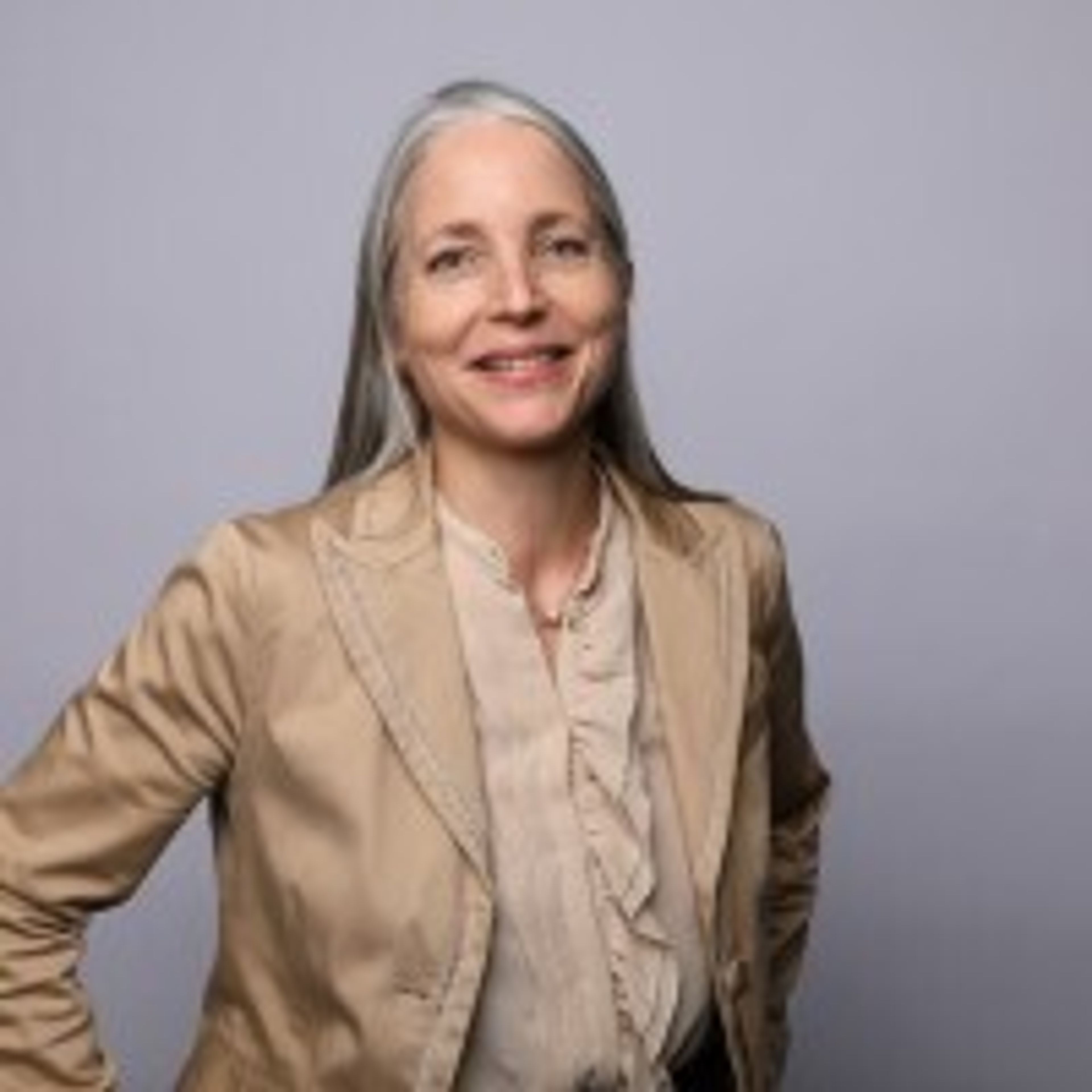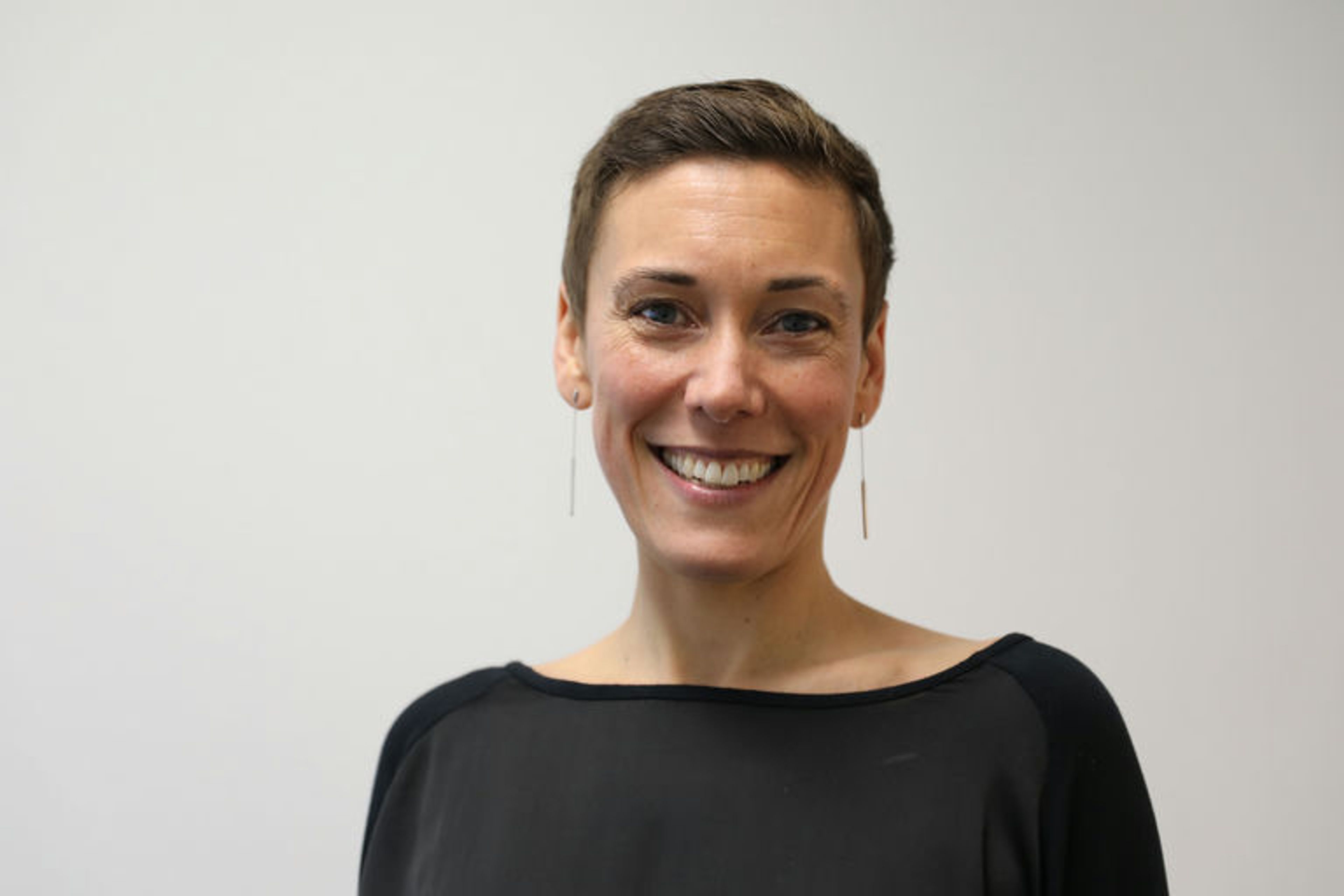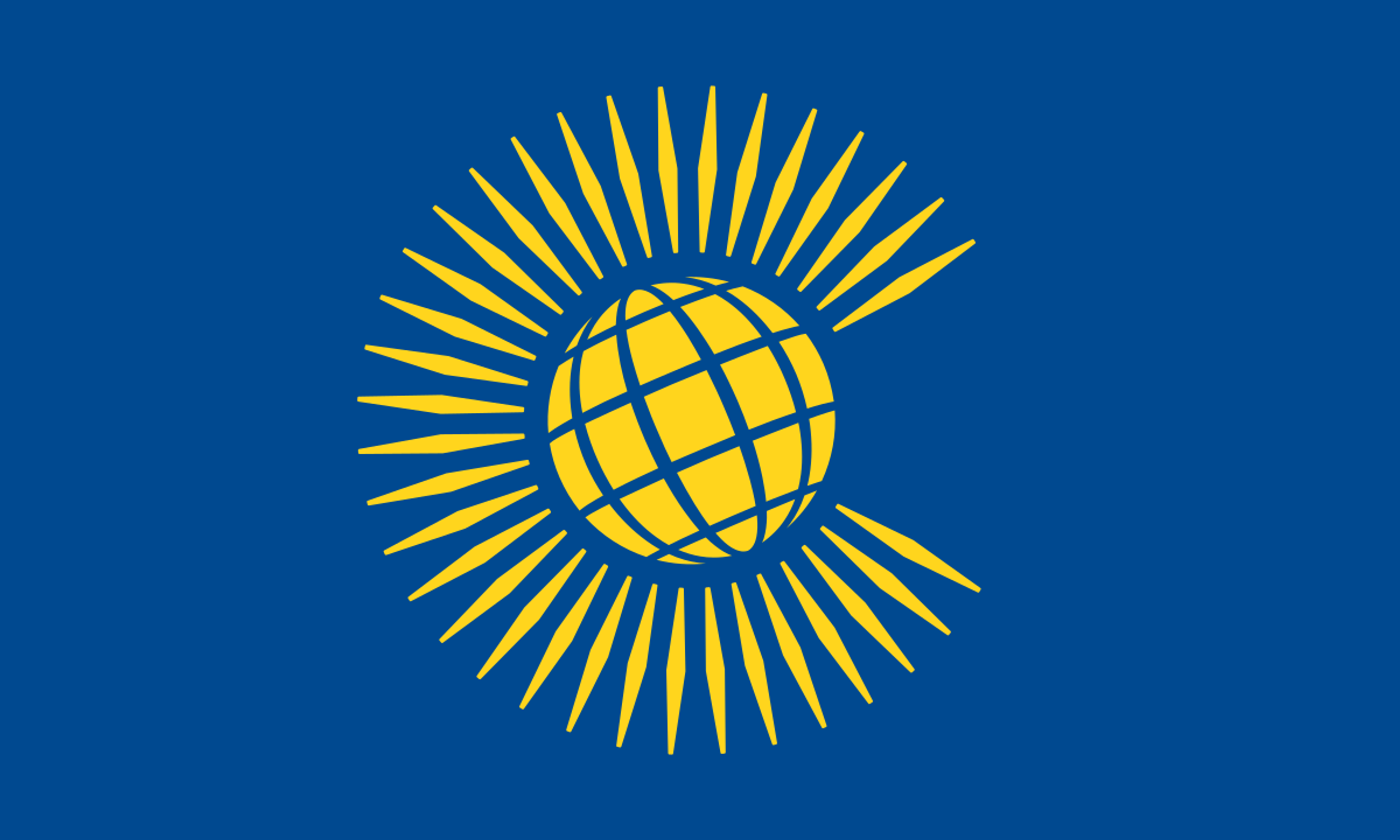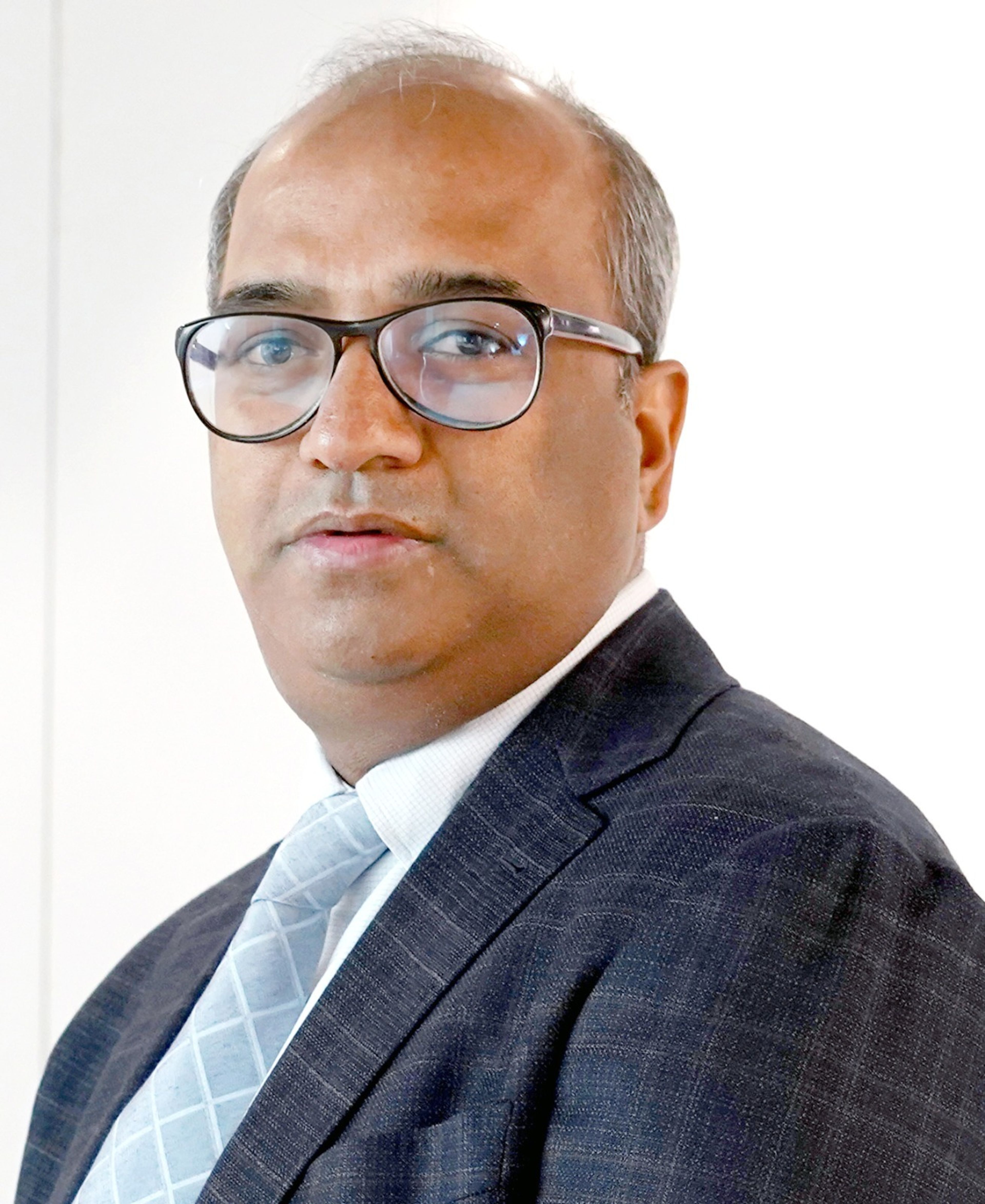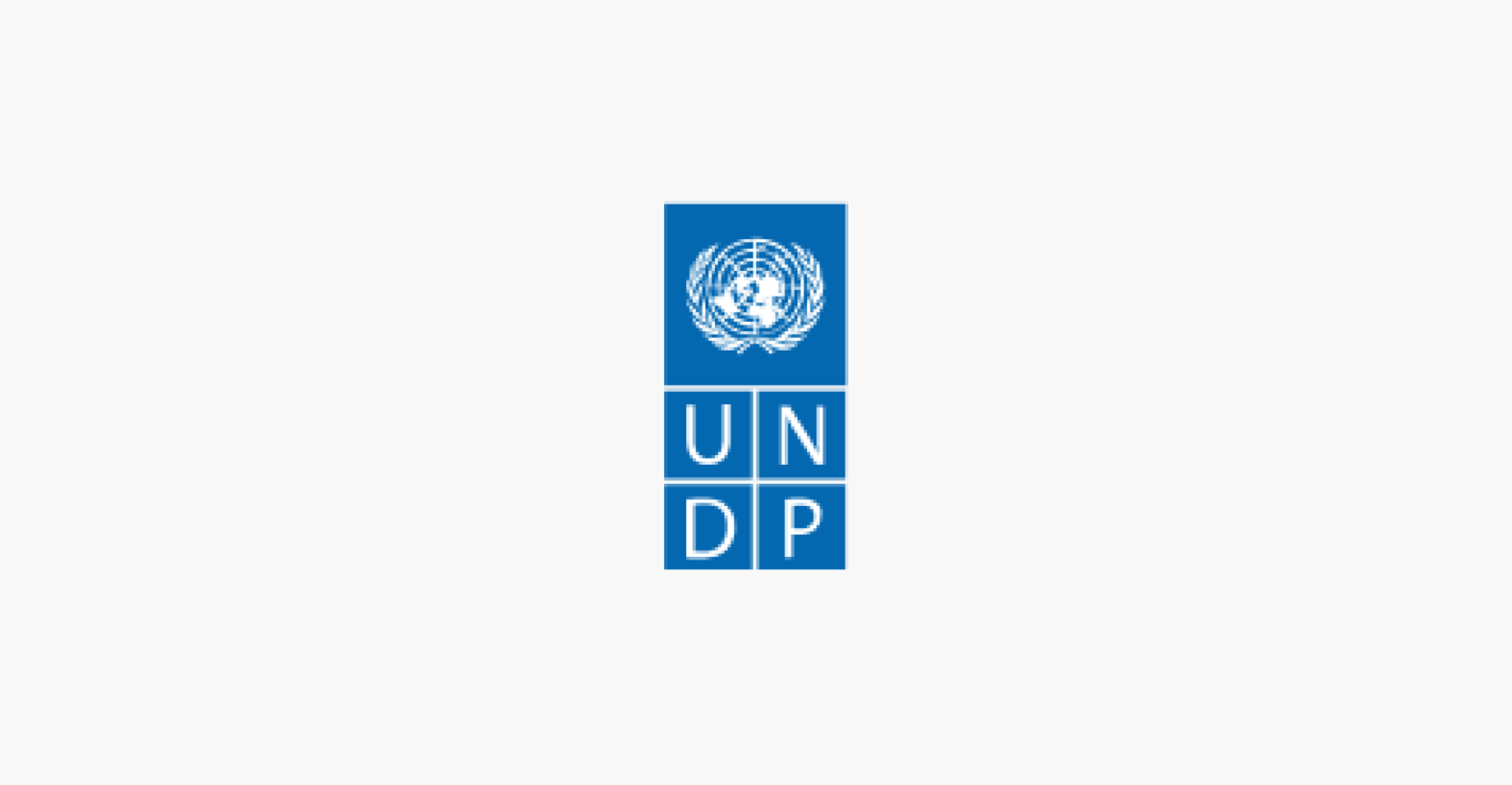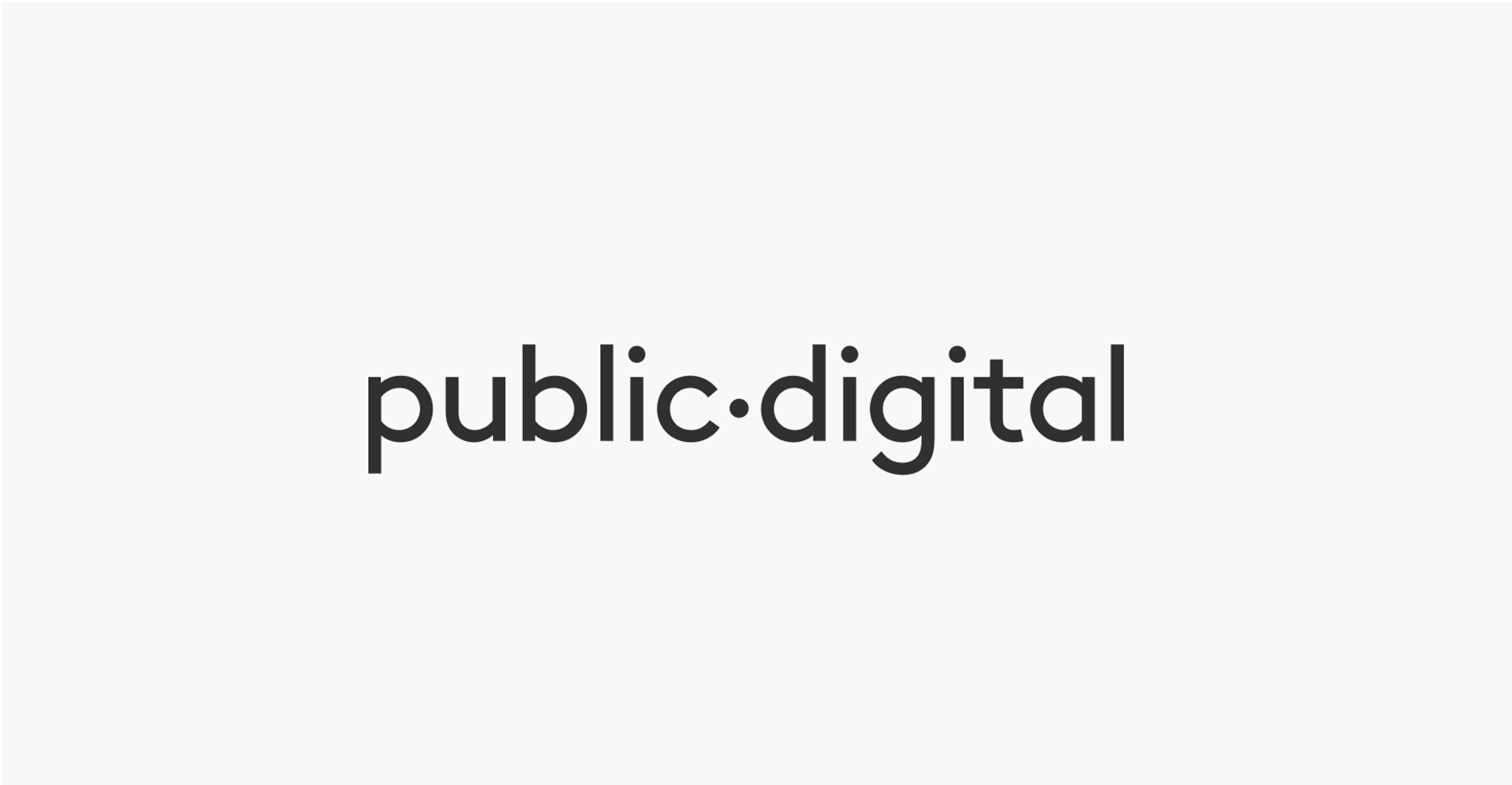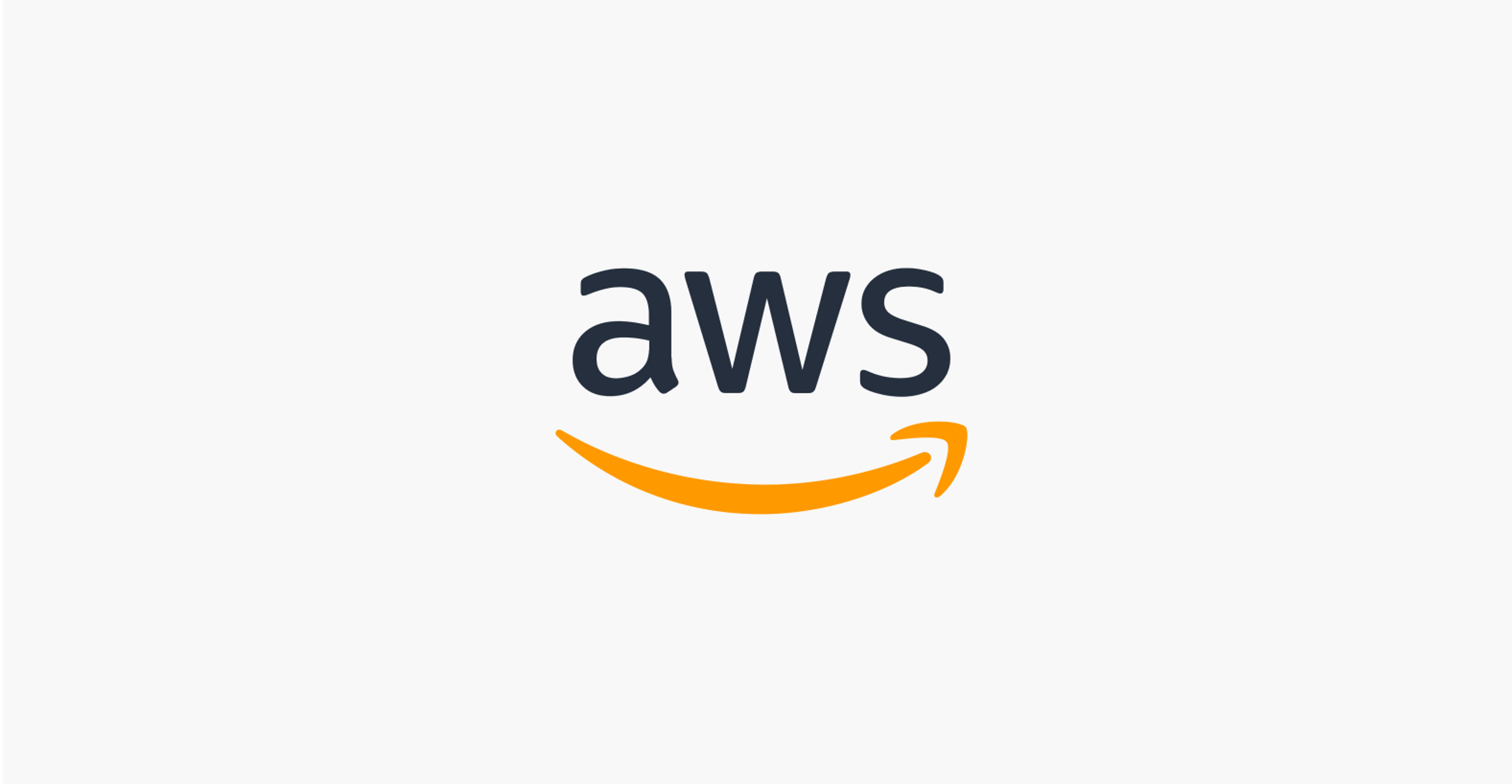Future of Government Awards
The Future of Government Awards champions practitioners, teams and leaders who are improving people’s lives by applying digital solutions and leveraging technology to transform the public sector for those it serves.
Nominations for the 2025 have now closed, please see winners below
Winners
Digital Team of the year 2025

Winner
Kyiv Digital Team
Kyiv Digital, Ukraine
The Kyiv Digital team’s ability to turn adversity into an opportunity to support Kyiv residents shows brilliant resilience and innovation.
The team’s work on the Kyiv Digital app began as a smart city initiative. However, when the war began the app became a lifeline for local government to connect with residents. The team has adapted rapidly to new crises and ensured that vital services have been constantly available through the app during wartime.
The app is indispensable for over 3.3 million residents who rely on it for real-time updates, emergency alerts, and critical services.
Highly Commended
Digital Transformation Office (DTO)
Ministry of Health Republic of Indonesia, Indonesia
Highly Commended
DigiLocker
National e-Governance Division, Ministry of Electronics and Information Technology, India
Highly Commended
Development and Applications team
National Fund of Guarantees, Colombia
Open Source Creation 2025

Winner
DHIS2
HISP Centre at University of Oslo, Norway
DHIS2 is a free, open-source platform which brings together a wide variety of health data from a large number of sources. It can be easily adapted to different contexts and its low barrier to adoption means this digital public good is currently transforming health information management in more than 100 countries.
Developed and managed by the HISP Centre at the University of Oslo, DHIS2 is supported by a global network of 23 HISP groups that provide direct implementation support.
Highly Commended
Modular Open Source Identity Platform (MOSIP)
International Institute of Information Technology Bangalore, India
Highly Commended
Mojaloop
Mojaloop Foundation, USA
Highly Commended
Energy Access Explorer
World Resources Institute,
Kenya, Uganda, Nigeria, Zambia, India, Nepal, Tanzania, and Ethiopia
Open Source Reuse 2025

Winner
Credits for Wellbeing - Mifos
Financiera para el Bienestar, Mexico
Since integrating Mifos X, Mexico’s Créditos para el Bienestar (‘Credits for wellbeing’) program has been able to make a fully digitised, self-service lending process available to the poorest, unbanked people in Mexico.
The biggest blockers to the Mexican government administering aid to vulnerable groups through loans has been the lack of systems and distribution channels available. However, the reuse and adaptation of Mifos X has provided a robust system that has increased visibility and reduced corruption.
Its easy integration and customisation has ensured quick delivery in line with Mexico’s policies for security, accountability and traceability.
Highly Commended
VENEEM Burkina Faso project
Directorate General for the Modernisation of Civil Registration, Burkina Faso
Highly Commended
Deployment and Integration of Mojaloop for Inclusive Payment Systems
ThitsaWorks Pte. Ltd., Mexico, Republic of Guinea, Republic of South Sudan, Republic of Cabo Verde, and the COMESA Region
Highly Commended
SpeedyMesh - Digital One Health Platform
SpeedyKom in collaboration with GIZ, AU-IBAR, One Health Platform Cameroon, Intergovernmental Authority on Development, African Union; Cameroon, Intergovernmental Authority on Development
Leadership Award 2025

Winner
Christina Lang
Founder and CEO of DigitalService, Germany
In 2019, Christina founded a tech start-up to encourage private sector digital talent into government. Her start-up became the German federal government's digitalisation partner, DigitalService, an organisation that now has around 200 employees.
Against the odds, and thanks Christina’s leadership, many of the digital experts at DigitalService left global tech firms and consultancies in favour of designing and building digital public services. In order to meet their expectations, she’s created a progressive and open company culture with core values like Open by Default and Embrace Diverse Perspectives.
Christina’s slogan for DigitalService products is "Change through Delivery". The results are measurable: Minimum viable products launch within months followed by quick release cycles, often once per month.
Highly Commended
Fernando de Pablo Martín
Digital Office Director at Madrid City Council, Spain
Highly Commended
Marcela Arruda
Municipal Management Secretariat of São Paulo, Brazil
Lifetime Achievement Award 2025

Winner
Nandan Nilekani
India
Shortlist
Digital advocates of the year

Public sector entrepreneurs work tirelessly to improve the lives of people. These changemakers work behind-the-scenes, in challenging environments and are not recognised often enough. Lifting these public servants up and highlighting their important work inspires others with an entrepreneurial spirit to join their own governments to make people’s lives better.
This award recognises a small team that has achieved the greatest impact by championing digital transformation.
Envision
ICT Division, Aspire to Innovate (a2i) - Dhaka, Bangladesh
Digital Government Team
Department of Information Communication and Technology - Port Moresby, Papua New Guinea
Service NSW Team
Government of New South Wales - Sydney, Australia
Camden Digital & Data Service
London Borough of Camden - London, UK
Digital Identity Directorate Team
Ministry of Management and Innovation in Public Services of the Federal Government of Brazil - Brasília, Brazil
Centre for Digital Governance - National Urban Digital Mission (CDG-NUDM)
National Institute of Urban Affairs under Ministry of Housing and Urban Affairs (MoHUA) - New Delhi, India
The SOUGOV.BR team
Ministry of Management and Innovation in Public Services - Brasília, Brazil
Tekwill in Every School Programme
Tekwill - Chisinau, Republic of Moldova
Government Technology (GovTech) Agency
Royal Government of Bhutan - Thimphu Thromde, Bhutan
Digital Governance Unit (DGU)
Malagasy public administration - Antananarivo, Madagascar
Open source creation

Sourcing off-the-shelf is a valid and important part of digital transformation. But this award celebrates the path less-travelled: the innovators, developers, and leaders that are building their own solutions in government – and making them available for others to re-use. Showcasing these contributions from governments and their partners will give them the recognition they deserve for working in the open and sharing their efforts, while raising the profile of their solutions and encouraging reuse.
This award recognises an open source solution that has been created and has demonstrable potential for reuse by another government in another setting.
Splink
Ministry of Justice - London, UK
KoBoToolbox
Kobo - Massachusetts, USA
Urban Platform for deliverY of Online Governance (UPYOG)
Centre for Digital Governance, National Institute of Urban Affairs under Ministry of Housing and Urban Affairs (MoHUA) - New Delhi, India
NISE3 (National Intelligence for Skills, Education, Employment and Entrepreneurship)
Aspire to Innovate (a2i) - Dhaka, Bangladesh
Hyperledger Aries Cloud Agent Python (ACA-Py)
Government of British Columbia - Victoria, BC, Canada
OpenSPP Social Protection Platform
Newlogic - Cebu City, Philippines
ekShop
Aspire to Innovate (a2i) - Dhaka, Bangladesh
LocalGov Drupal (LGD)
Open Digital Cooperative - Oxford, London, Eastbourne and Dublin, UK & NI
Bahmni
Thoughtworks - Bangalore, India
Visor Urbano
Government Innovation of Jalisco and the Bloomberg Philanthropies Foundation - Guadalajara, Mexico
Open source adaptation

Many governments are on a digital journey, but not all are looking to - or learning from - others in the global public sector community. Instead, some may be duplicating successes, or failures, from elsewhere. This award recognises the significant range of proven open-source solutions available to governments, and will highlight the leadership - and success - of a government that is building on best-practice. It will demonstrate the importance of re-use, adaptation, and learning from others.
This award recognises the organisation that has most effectively adapted an open source solution, by applying it in a different context or setting.
Decidimos Monterrey
Secretaría de Innovación y Gobierno Abierto - Monterrey, Mexico
COVID@Home
Ministry of Health and Turpanjian College of Health Sciences - Yerevan, Armenia
PhilSys
Philippines Statistics Authority - Quezon City, Philippines
DHIS2 for Education
HISP Uganda and the University of Oslo - Kampala, Uganda
Trembita
Ukraine’s Ministry of Digital Transformation - Kyiv, Ukraine
Adapt Authoring Tool – Adapt Learning
College@ESDC, Employment and Social Development Canada (ESDC) - Gatineau, Canada
Smart Data Ukimet
National Information Technologies JSC (NITEC) - Astana, Kazakhstan
Sunbird SERVE
eVean Foundation - Bangalore, Delhi, Dharwad and Mangalore, India
Odoo
Newlogic - Cebu City, Philippines
Data in Climate Resilient Agriculture (DiCRA)
National Bank for Agriculture and Rural Development (NABARD) - Mumbai, India
Leadership award

Digital transformation is a journey, and not a sprint. It needs leaders who are brave enough to see the longer-term, and empower their teams and organisations to create significant positive change. Teams can only achieve success and make a meaningful difference for people if they have the space to explore and learn; fail then iterate, and focus on what matters most. The most capable leaders are those that unblock challenges and remove distraction so that their teams can focus on delivering real and important value to people.
This award recognises a leader who has enabled their team, or organisation, to make a real difference to people’s lives.
Jamila Akaaga Ade
Federal Ministry of Justice - Abuja, Nigeria
Mr. Abhishek Singh
Ministry of Electronics & Information Technology, Government of India - New Delhi, India
H.M. Asad-Uz-Zaman
Aspire to Innovate (a2i), Government of Bangladesh - Dhaka, Bangladesh
Natasha Clarke
Nova Scotia Department of Cyber Security and Digital Solutions - Halifax, Canada
Alejandra Torres
Secretariat of Planning, Modernization and International Relations of the Municipality of Córdoba - Córdoba, Argentina
Mr. Kunal Kumar
Ministry of Housing and Urban Affairs (MoHUA) - New Delhi, India
Juan Miguel Ardissone
Ministry of Information and Communication Technologies (MITIC) - Asunción, Paraguay
Thiago José Tavares Ávila
Alagoas State Government - Secretariat of Government, Planning, Management and Heritage of the State of Alagoas (SEPLAG) - Maceió, Brazil
Tamara Duisenova
Deputy Prime Minister, Kazakhstan
Felipe Rigoni Lopes
Secretariat of Environment and Water Resources - Vitoria, Brazil
Lifetime achievement award

There are many digital heroes in the public sector but this award recognises the sustained and impactful contribution from a particularly outstanding individual. The winner will be someone who has improved the lives of many people, likely over a number of years – someone with a legacy of real and evidenced positive change through digital transformation.
The winner of this category will be chosen by the Selection Committee. The lifetime achievement award is not open for nominations.
Selection Committee
Calum Handforth
Senior Advisor, Digital and Tech Transformation, Tony Blair Institute for Global Change
Tamara Srzentic
Former Minister of Public Administration, Digital Society and Media, Government of Montenegro
2023-24 Past winners
Digital Advocates of the year
Digital Identity Directorate Team, Ministry of Management and Innovation in Public Services of the Federal Government of Brazil - Brasília, Brazil
The Digital Identity Directorate team implemented the GOV.BR Digital Identity which has revolutionised citizens' relationship with the public sector. The service is secure and interoperable, and, since it was released in 2019, it has become indispensable. It now has 155 million users. It performs 3 billion authentications every month enabling secure access to 4,500 digital services from over 1,000 public agencies.
Open source creation
Bahmni, Thoughtworks - Bangalore, India
Bahmni is an integrated digital health solution. It connects a range of existing systems such as those managing non-communicable diseases, reproductive and child health, teleconsultation, and inventory management. Bahmni is designed to improve the quality of patient care in settings with limited bandwidth and infrastructure. Today, Bahmni supports millions of patients across more than 50 countries.
Open source adaptation
PhilSys: Philippines Statistics Authority - Quezon City, Philippines
The Philippine Identification System, better known as ‘Philsys’, is an adaptation of an open source solution called ‘MOSIP’. The Philippines has over 110 million citizens who are spread across thousands of islands, making centralised registration very difficult. The PhilSys team worked with MOSIP and a range of partners to build special field kits that let enrollment officers travel door-to-door to collect people’s information. The team also worked with MOSIP to make the identity credential a digitally signed QR code so it could be verified offline. Today, 79 million people are now registered with PhilSys.
Leadership award
Mr. Abhishek Singh, Ministry of Electronics & Information Technology, Government of India - New Delhi, India
Mr Abhishek Singh is President and CEO of National E-Governance Division (NeGD), Managing Director and CEO of Digital India Corporation, and CEO of Karmayogi Bharat. It is due to his leadership that much of India's digital public infrastructure is thriving. This includes DIKSHA (digital infrastructure for national school education); Karmayogi Bharat (governance reforms through upskilling and lifelong learning of government officials); CoWIN (digital platform which facilitated the vaccination of 1 billion people against Covid); and DigiLocker (digital wallet enabling the sharing of 6 billion electronic documents).
Lifetime achievement award
Jennifer Pahlka, USA
Jennifer Pahlka has been an innovator, a champion, and a catalyst in making government work for the digital age for over 2 decades. She is a phenomenal, empathetic and energetic leader.
Career highlights include founding Code for America in 2010 (and in doing so, creating a new model for how civic minded technologists can partner with government); being appointed President Obama’s Deputy Chief Technology Officer, as well as helping to set up the US Digital Service. Her work has inspired thousands and has attracted countless digital leaders and practitioners to public service. Her book, Recoding America, dares us to be bolder and fundamentally rethink how government can work to service citizens.
Sponsors
UNDP is the leading United Nations organization fighting to end the injustice of poverty, inequality, and climate change. Working with our broad network of experts and partners in 170 countries, we want to create a world in which digital is an empowering force for people and planet - and ensure that digital leaves no one behind. The Future of Government Awards are an important platform to showcase and celebrate digital excellence. They can provide countries around the world with the inspiration, knowledge, and tools to accelerate their digital development - and to reimagine development in a digital age.
Public Digital is a digital transformation consultancy which was founded by the leaders who created the UK’s Government Digital Service – the organisation that transformed how public services were delivered to citizens. Now, we help large organisations doing meaningful work transform how they operate in the internet era so their services are more responsive to user needs, easier to use and more equitable to access. So far, we’ve worked with governments from 35 countries across 5 continents.
The Future of Government Awards is an opportunity to look sideways to celebrate peers and to build and strengthen public sector communities that can lean on – and learn from – each other.AWS helps digital transformation leaders in governments and other public organizations around the world reshape and modernize public services through the cloud. AWS produces thought leadership content, offers a global executive education program, and maintains a global, invitational network of public sector leaders. With the Future of Government Awards, we hope to help highlight the extraordinary efforts of those who are shaping and accelerating government modernisation around the world.
